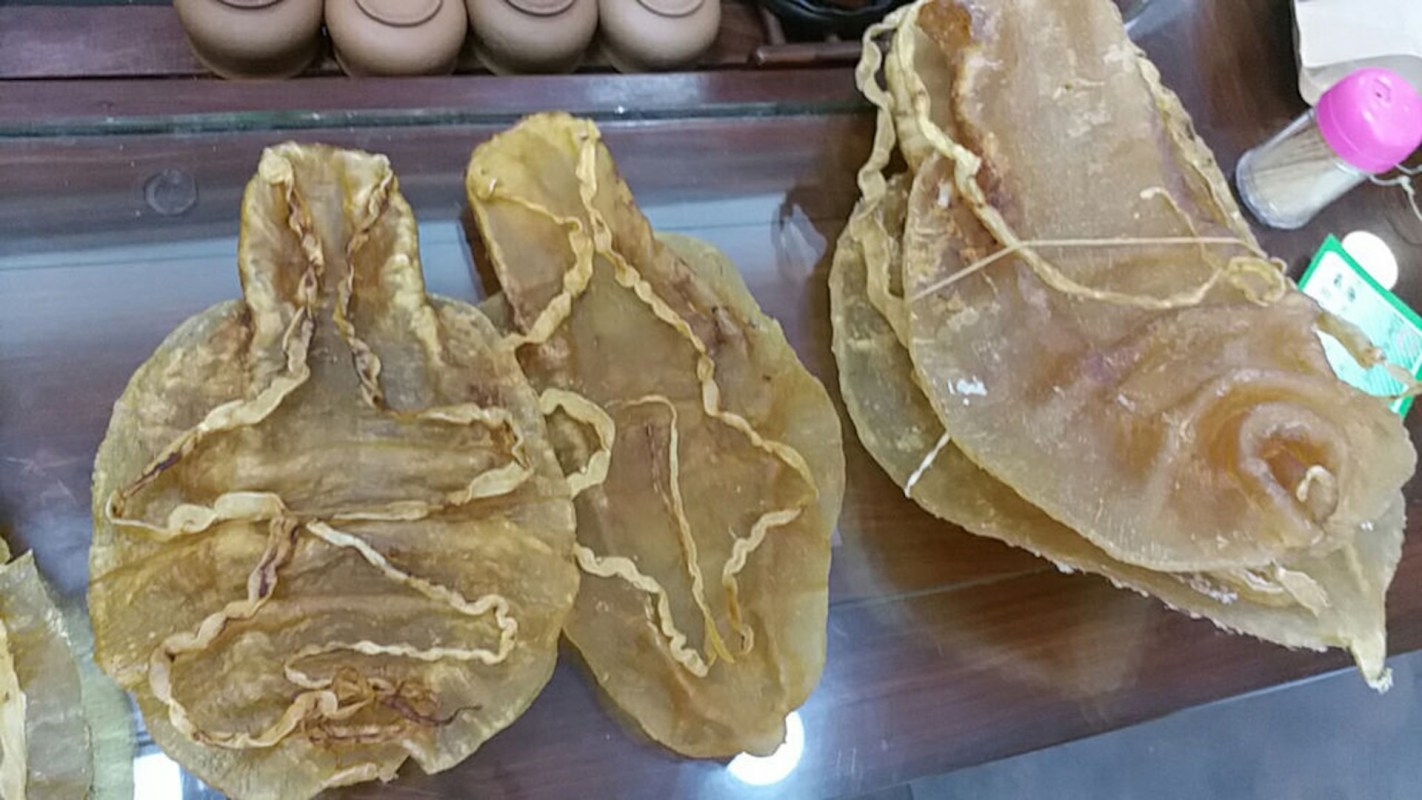The dietary supplement market is worth billions, with people turning to a variety of potions and pills in a quest for health. Sadly, a startup has recently been accused of violating international law by producing a supplement with collagen from an endangered creature.
What happened?
According to CBS News, which cited reporting from the Associated Press, a trio of environmental charities filed a complaint against The Blue Formula.
The Mexico-based company has been selling a powdered supplement it calls "nature's best kept secret," and the secret is allegedly being extracted from the wild-caught totoaba fish before the final product is sold abroad, including in the United States and China.
The Convention on International Trade in Endangered Species of Wild Fauna and Flora bans the sale of exported wild-caught totoaba, as reported by CBS News.
The Blue Formula did not reply to communications from the AP, but it reportedly states on its website that it acquires its fish from Cygnus Ocean, a farm that isn't licensed to export fish, according to the environmental groups that filed the complaint.
The capture of the totoaba is harming another creature as well, with the netting method used to trap the fish killing the critically endangered vaquita porpoise.
Why is this concerning?
Billions of people eat fish as a primary part of their diets, while hundreds of millions depend on them for their livelihoods. Illegal fishing, however, is one threat that can disrupt the balance of our aquatic ecosystems — thus negatively impacting significant parts of the global population.
As the nonprofit Pew Charitable Trusts details, illegal fishing can also affect the abilities of permitted groups to accurately gauge whether they are overfishing, as the numbers of illegally taken fish aren't reported to the appropriate governing bodies.
"There is no good enforcement of the traceability of totoaba in Mexico," Alejandro Olivera, the Mexico representative for Center for Biological Diversity, told CBS News.
What can be done to help totoaba fish?
The swim bladder of the totoaba has been called the "cocaine of the sea," per Smithsonian Ocean, with beliefs about its medicinal value driving its demand — similar to how disproven myths about rhino horns once brought the chubby unicorns to the brink of extinction.
While the complaint against The Blue Formula is pending, education is an amazing way to begin supporting brands with eco-friendly initiatives, ultimately reducing costs of products over time while helping to protect the biodiversity that keeps our planet healthy.
A number of organizations are also on the case to discourage illegal fishing of the totoaba.
According to CBS News, U.S. Customs and Border Protection confiscated "over $1 million worth of totoaba bladders in Arizona" in October, while a similar amount was also intercepted in Hong Kong that month.
Join our free newsletter for cool news and actionable info that makes it easy to help yourself while helping the planet.









